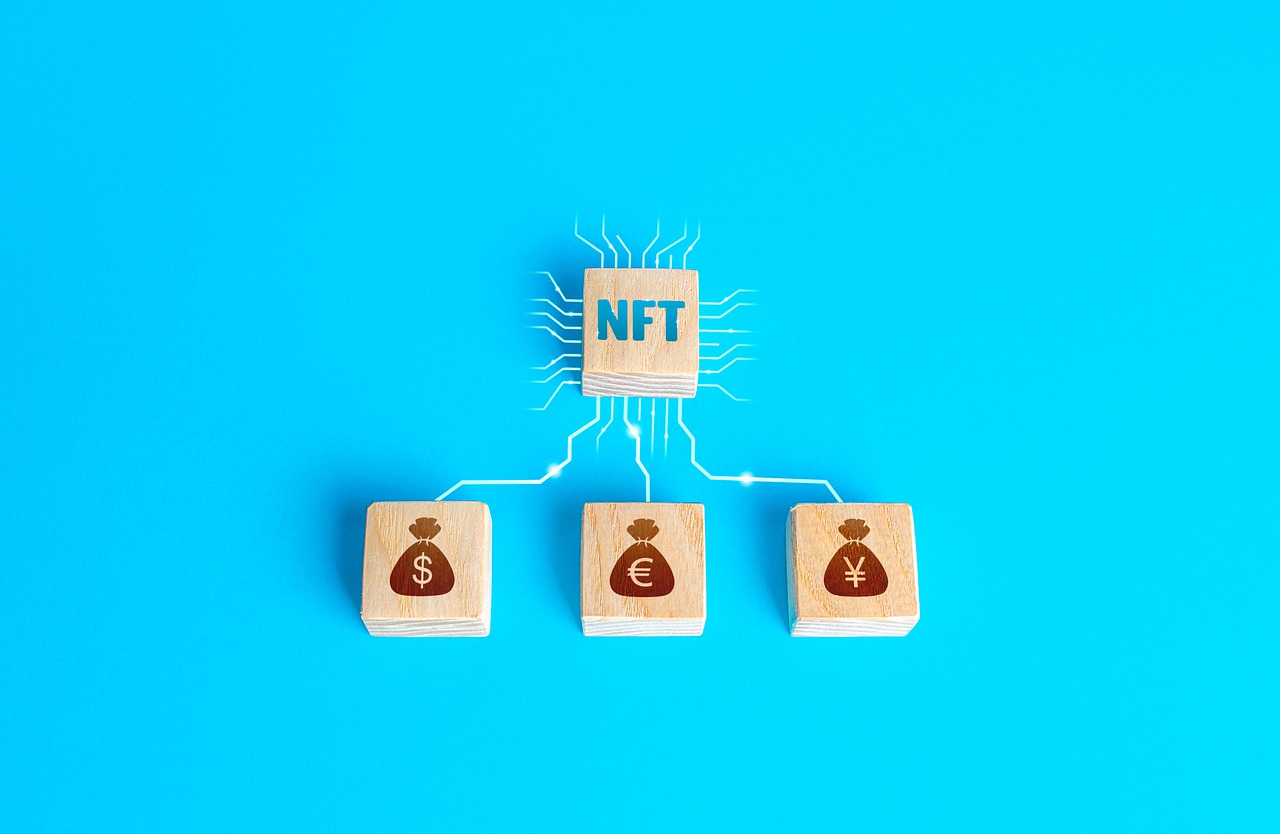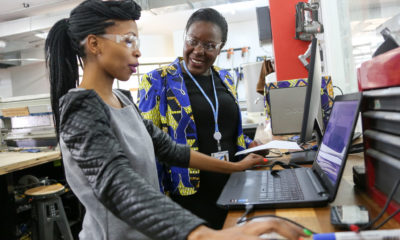In this week’s news roundup, you’ll read about Kenyan-based fintech firm, AZA Finance’s partnership with FTX, a global crypto exchange, geared towards boosting WEB3 and crypto adoption in Africa, Luno launches Luno Expeditions, an early-stage investment arm, and more.
Crypto Exchange FTX Announces Partnership with AZA Finance to Expand Crypto and Web3 in Africa
Global digital currency exchange, FTX, has announced its partnership with Kenyan-based fintech company, AZA Finance, to expand crypto adoption and Web3 development in Africa.
The partnership will see the two companies work to connect the various African markets to the Web3 space by providing in-depth knowledge to African users as well as via the creation of the needed infrastructure. Both companies plan to create African currency and digital currency trading pairs. Additionally, FTX and AZA Finance will also work to make it easier for African users to deposit and withdraw money on FTX.com in African currencies.
Speaking of the partnership, CEO and Founder of AZA Finance, Elizabeth Rossiello, said, “We are thrilled to be working with FTX and to help them grow across the African continent. Sam’s leadership, and his commitment to ethical expansion within Web3, is exceptional. As we built Africa’s largest platform for trading African currencies, one thing has been clear – that this continent is the future of global, digital economies. After serving these booming enterprises for years, we know that the next generation of users, creators & builders for the Web3 economy is undoubtedly African.”
The collaboration will also see the two companies work to onboard African NFTs and artists to the FTX NFT marketplace.
Luno Announces the Launch of its Early-Stage Investment Arm, Luno Expeditions
 Luno, a cryptocurrency company, has announced the launch of Luno Expeditions, a global, early-stage investment arm that will support crypto/Web3 and fintech founders on their journey to building the next generation of financial services.
Luno, a cryptocurrency company, has announced the launch of Luno Expeditions, a global, early-stage investment arm that will support crypto/Web3 and fintech founders on their journey to building the next generation of financial services.
Having been in the market for the last seven years as a subsidiary of Digital Currency Gorup (DCG), Luno Expeditions is expected to spearhead all of DCG’s seed and pre-seed investing. The investment firm is expected to scale up investments globally as well as expand the focus beyond crypto into the bigger fintech space. Luno’s new investment arm will be led by Jocelyn Cheng, who is taking the role of Chief Executive Officer.
Speaking about her new role and the launch of the new arm, Cheng, said, “I am thrilled to join Luno Expeditions as Chief Executive. These are incredibly exciting times in cryptocurrency and the broader fintech ecosystem. We’ve got ambitious plans to build a leading fund designed around the needs of early stage founders. It will be a privilege to work with ambitious entrepreneurs from all over the world, all intent on solving problems and building the next generation of financial service companies.”
So far, while in stealth mode, Luno Expeditions has over the past couple of months been able to invest in more than 20 leading crypto and fintech companies globally, including a ground-breaking remittance in Tanzania, a crypto compliance solution in Israel, women dedicated bank in Pakistan, and an NFT marketplace in the United States.
South Africa’s Yoco Acquires Nona Digital
Yoco, an African payments and software company, has acquired Nona Digital, a leading fintech and web3 software development agency.
The news comes barely a year after Yoco raised $83 million in its Series C funding. The acquisition of Nona Digital will notably boost Yoco’s roadmap by adding a team of highly specialised fintech product and technology professionals to join its team.
Speaking on the acquisition, Mike Scott, CEO at Nona said, “We have spent the last 10 years building an exceptional team and capability in the Fintech and Web3 space. This acquisition allows us to direct everything that we have built towards a vision and mission that we believe in, and that matters. It is a natural evolution for a strong services business to move into product and we are very excited to now be part of the Yoco story.”
The acquisition will help Yoco continue to expand its footprint across Africa, Europe, and the Middle East as well as bring experienced and entrepreneurial talent from across the globe.
To learn more about Bitcoin, download the Bitcoin Beginner’s Handbook for free.


 News1 year ago
News1 year ago
 News2 years ago
News2 years ago
 News3 years ago
News3 years ago
 News2 years ago
News2 years ago
 News2 years ago
News2 years ago
 Sponsored Posts3 years ago
Sponsored Posts3 years ago
 News2 years ago
News2 years ago
 News2 years ago
News2 years ago

 Luno, a cryptocurrency company, has announced the launch of Luno Expeditions, a global, early-stage investment arm that will support crypto/Web3 and fintech founders on their journey to building the next generation of financial services.
Luno, a cryptocurrency company, has announced the launch of Luno Expeditions, a global, early-stage investment arm that will support crypto/Web3 and fintech founders on their journey to building the next generation of financial services.














 Central African Republic (CAR) has set up a 15-member committee that will be responsible for developing a bill on the use of cryptocurrencies and tokenization in the region.
Central African Republic (CAR) has set up a 15-member committee that will be responsible for developing a bill on the use of cryptocurrencies and tokenization in the region.





